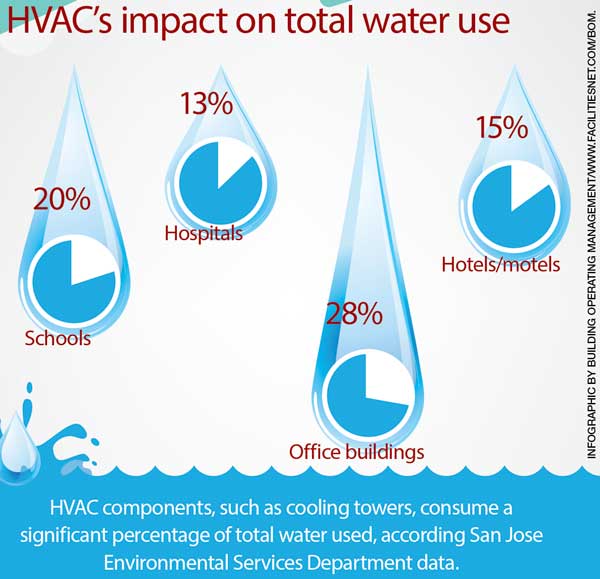Learn The Crucial Methods For Protecting Your Heatpump From Weather-Related Damages
Learn The Crucial Methods For Protecting Your Heatpump From Weather-Related Damages
Blog Article
Created By-Kronborg Wu
When it involves your heatpump, the weather can be a quiet influencer, forming its efficiency in ways you might not have actually thought about. From freezing temperatures to scorching heat, each element has a distinct influence on just how successfully your heatpump runs. But stress not, there are steps you can take to ensure your system is going for its ideal regardless of the climate condition. So, what can you do to adapt and maximize your heatpump's performance? Allow's check out the refined dance between weather condition and your heatpump's performance.
Impact of Climate on Heat Pump Performance
When it pertains to the performance of your heatpump, climate plays a crucial duty. The efficiency of your heatpump can be considerably influenced by different climate condition.
For example, during colder months, when temperatures go down below freezing, your heatpump needs to work harder to draw out warm from the outside air. This can result in decreased effectiveness and boosted power usage.
Likewise, in exceptionally heat, your heat pump may battle to efficiently cool your home, once again affecting its efficiency.
Along with temperature level, humidity levels can likewise affect how well your heat pump runs. High humidity can make it harder for your heat pump to get rid of dampness from the air, lowering its overall performance. On the other hand, low humidity levels can trigger your heatpump to function more challenging to maintain a comfy temperature inside your home.
Understanding just how weather condition impacts your heat pump's efficiency can help you make informed choices about its maintenance and operation. By recognizing these factors, you can take steps to optimize your heat pump's performance and ensure it operates at its best no matter the climate condition.
Tips to Maximize Heat Pump Performance
To improve your heat pump's efficiency and efficiency, carrying out a couple of essential methods can make a considerable difference.
First, ensure appropriate air flow by consistently cleansing or replacing air filters. Clogged heat pumps christchurch limit air flow, compeling the system to work more difficult.
Second of all, timetable yearly specialist upkeep to keep your heat pump running efficiently. Service technicians can determine and deal with any kind of concerns prior to they intensify, boosting total performance.
Additionally, consider setting up a programmable thermostat to regulate your home's temperature effectively. This enables you to readjust setups based upon your routine, protecting against unneeded energy intake.
In addition, secure any type of gaps or leaks in your house's ductwork to prevent warm loss and guarantee optimal airflow.
https://www.bhg.com/homekeeping/house-cleaning/tips/how-to-clean-air-filter/ but not least, maintain the area around your heatpump free from particles and greenery to keep unlimited air flow.
Weather Considerations for Heat Pump Maintenance
Taking into consideration the impact of weather condition on your heat pump's performance is critical for efficient maintenance. Severe temperatures can strain your heat pump, resulting in damage on its elements.
Throughout https://average-cost-to-install-c54287.ttblogs.com/10773384/selecting-the-appropriate-heat-pump-repair-work-service-important-questions-to-take-into-consideration , make certain proper air movement around the exterior unit by clearing particles and plants. In colder temperature levels, regularly defrost the unit to prevent ice build-up. Hefty rain and storms can create flooding, so boost the system when possible or set up a safety cover. Furthermore, strong winds can bend fins and impact the heatpump's efficiency, so check and align them as required.
Regularly check for any debris embeded the system and remove it promptly. Conduct maintenance checks after severe weather condition occasions to analyze any type of damage and guarantee whatever is operating correctly. By remaining cautious and addressing weather-related problems quickly, you can extend the life of your heat pump and preserve its effectiveness.
Conclusion
Finally, recognizing how weather condition impacts your heat pump efficiency is crucial to optimizing its performance. By following simple actions like routine upkeep, filter cleansing, and correct airflow, you can guarantee your heat pump operates at its best in any type of weather condition. Don't let the components hinder your system's efficiency - take control and keep your home comfy year-round.
